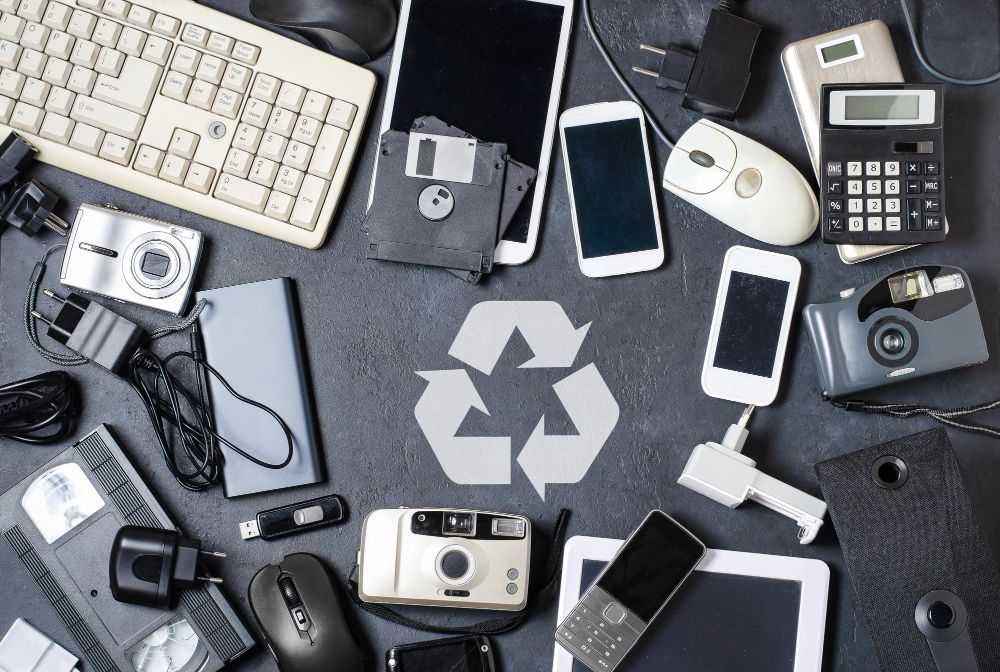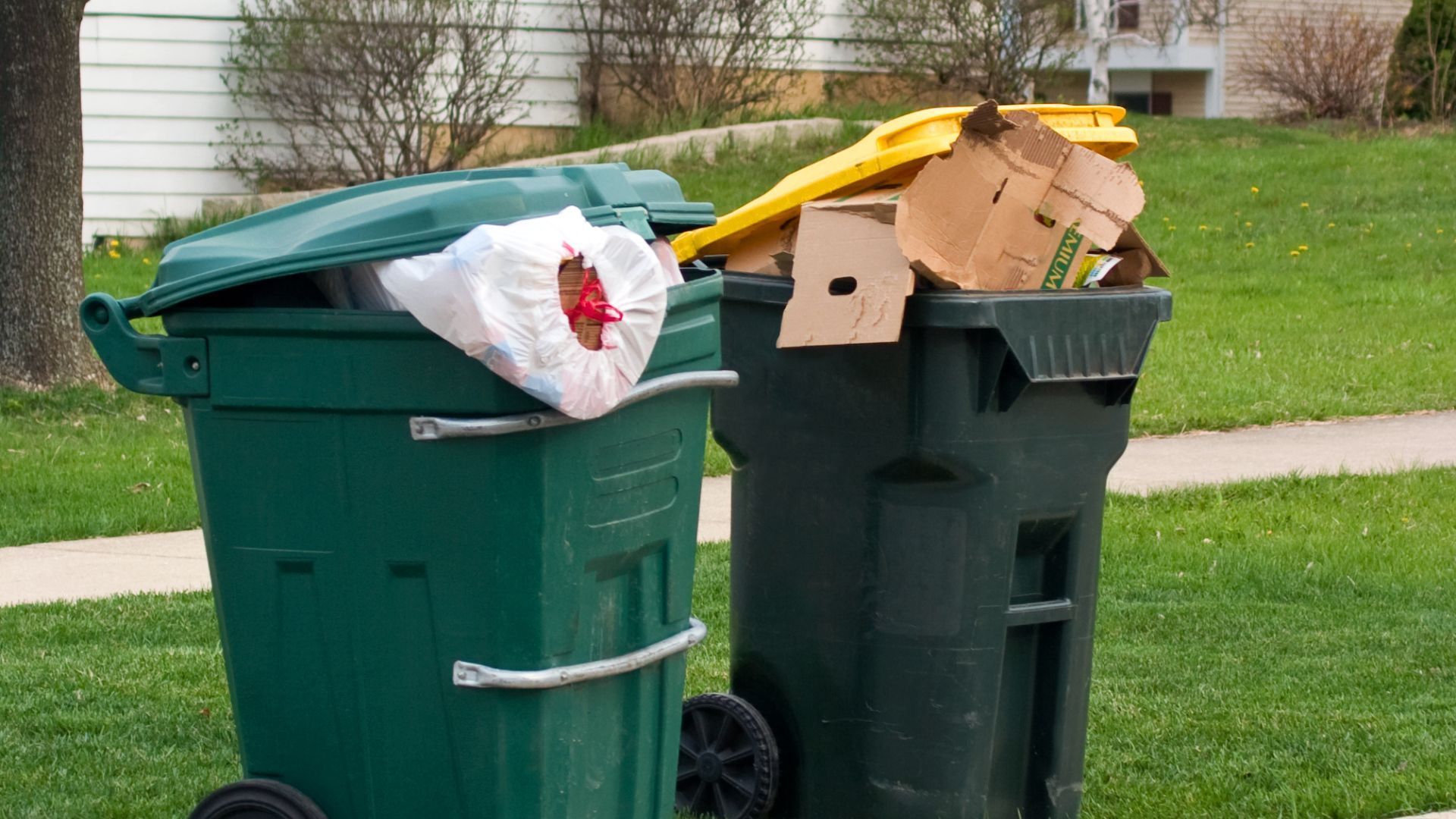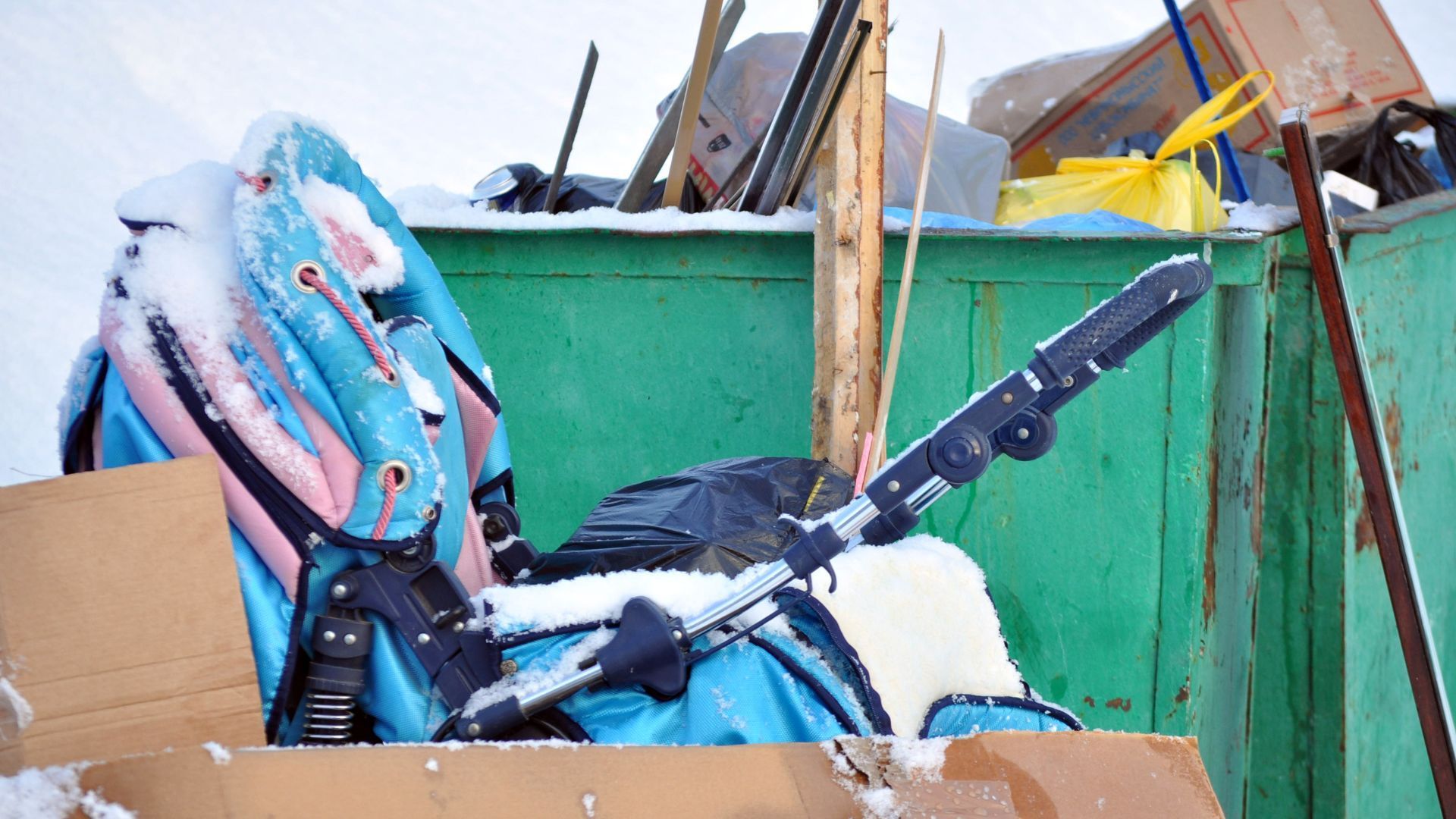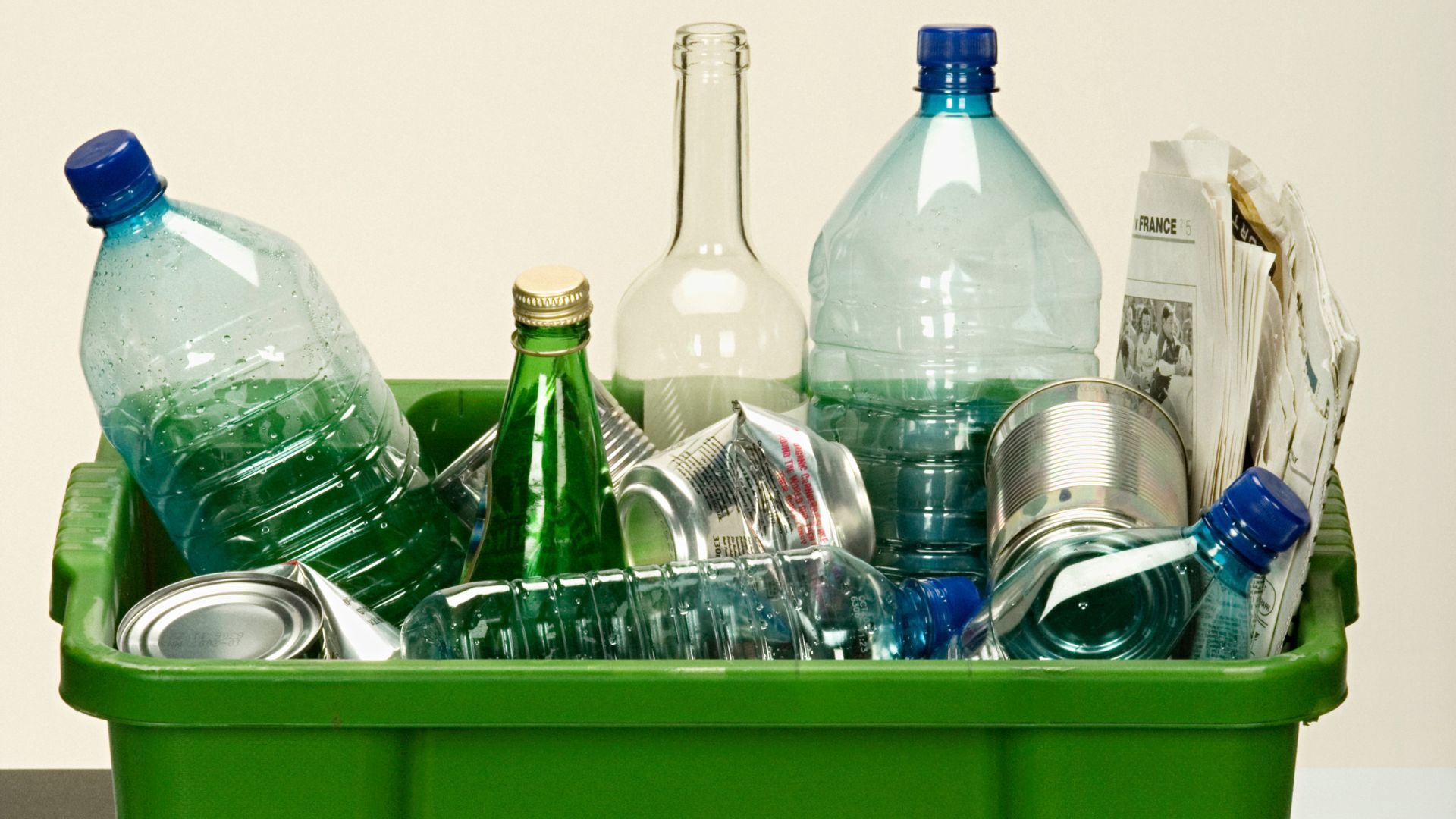Responsible Electronics and Appliances Dispose Augusta
In today’s fast-paced world, technology evolves at lightning speed, pushing consumers to frequently upgrade their electronics and household appliances. While this constant cycle fuels innovation and convenience, it also generates an overwhelming volume of discarded devices. These obsolete electronics and appliances, if mishandled, can wreak havoc on the environment and public health. Augusta residents are becoming increasingly aware of the urgent need for responsible disposal methods that protect their community’s natural beauty and well-being. Proper disposal not only mitigates environmental damage but also ensures valuable materials are recovered and reused, fostering a sustainable lifecycle for electronic goods.
The growing awareness in Augusta about responsible disposal practices marks a pivotal shift from mere convenience to conscientious stewardship. With harmful components such as lead, mercury, and cadmium present in many electronic devices, dumping these items in landfills or incinerating them can release toxic substances into soil, air, and water. This threatens ecosystems and poses serious health risks for local populations. Communities across Augusta are now emphasizing education, accessibility, and efficient recycling systems to curb electronic waste (e-waste) proliferation.
The Environmental Impact of Improper Disposal
Improper disposal of electronics and appliances is more than a simple waste management issue; it’s a direct threat to the delicate balance of Augusta’s environment. When old devices are tossed carelessly into regular trash bins or left to decompose in landfills, toxic substances like heavy metals and flame retardants can leach into the soil and groundwater. This pollution compromises not only the quality of natural resources but also the health of plants, animals, and humans living nearby. As Augusta experiences its unique mix of urban and natural landscapes, the risk of contamination spreading into vital ecosystems increases exponentially.
Moreover, the sheer volume of e-waste produced by households and businesses exacerbates these risks. Many appliances and gadgets contain plastics and other non-biodegradable components that persist in the environment for decades. These materials clog landfills and contribute to greenhouse gas emissions when incinerated. The challenge lies not only in preventing hazardous waste from entering Augusta’s waste stream but also in addressing the broader consequences of resource depletion. Recovering precious metals and materials through responsible recycling reduces the need for mining and manufacturing, which in turn lowers carbon footprints and conserves natural habitats.
Comprehensive Solutions: Prevention and Resource Recovery in Electronics Disposal
Tackling the complex challenges posed by electronic and appliance waste demands more than simple disposal; it requires a thoughtful, multi-layered strategy that balances prevention with effective resource recovery. Prevention starts by encouraging consumers and businesses alike to reduce unnecessary upgrades, extend the lifespan of their devices, and choose products designed with recyclability in mind. This shift in behavior helps slow the constant influx of discarded electronics, easing the burden on waste management systems and reducing environmental risks from the outset.
Recycling initiatives form the cornerstone of sustainable electronics disposal, transforming discarded devices into valuable resources rather than toxic waste. Within these programs, sophisticated processes extract precious metals such as gold, silver, and copper, along with other reusable components like plastics and glass. By reclaiming these materials, Augusta dramatically reduces the need to mine for virgin resources—a practice notorious for its destructive impact on landscapes and ecosystems worldwide. Mining operations often result in deforestation, soil erosion, and water pollution, alongside substantial carbon emissions.
Safe Handling and Recycling Practices
Safeguarding Augusta’s environment starts with understanding the proper ways to handle and recycle electronics and appliances. This begins with separating hazardous materials from non-toxic components, a step that requires specialized knowledge and facilities. Electronics contain intricate assemblies of metals, plastics, glass, and chemicals that must be dismantled carefully to prevent leaks and accidents. By following safe handling procedures, local recycling centers protect their workers and reduce the likelihood of toxic exposure or fire hazards.
Recycling processes also unlock the potential to reclaim valuable materials embedded in old devices. Metals such as gold, silver, and copper can be extracted and repurposed, decreasing demand for virgin resources. Many appliances feature reusable parts that can be refurbished or integrated into new products, promoting a circular economic model that benefits Augusta’s community and environment alike. Residents are encouraged to utilize authorized drop-off points or schedule pickups to ensure their discarded items are processed responsibly. This proactive approach transforms electronic waste from a burden into an opportunity for ecological and economic renewal.
The Importance of Community Participation in Responsible Disposal
For residents of Augusta, actively engaging in responsible disposal practices is more than just a recommendation—it’s a vital contribution to the health and sustainability of their community. Properly discarding electronics and appliances means more than simply getting rid of unwanted items; it involves ensuring these materials are directed toward facilities equipped to manage them safely and efficiently. By utilizing authorized drop-off locations or scheduling convenient pickups, residents guarantee their discarded goods are handled by trained professionals who understand the complexities and dangers of electronic waste.
Participating in these programs transforms the often-overlooked chore of disposal into a powerful act of ecological stewardship. Rather than viewing e-waste as mere clutter or nuisance, responsible disposal turns it into an opportunity for positive environmental impact. Through proper recycling, valuable metals and components are recovered, harmful substances are contained, and landfill space is preserved. The ripple effects benefit the entire Augusta area by reducing pollution, conserving natural resources, and lowering greenhouse gas emissions associated with manufacturing new materials.

Community Initiatives and Educational Programs
Augusta’s commitment to responsible electronics and appliances disposal extends beyond individual actions, encompassing community-driven initiatives that amplify awareness and accessibility. Local governments, environmental organizations, and private businesses have teamed up to launch educational campaigns that demystify e-waste recycling. Workshops, informational flyers, and social media outreach empower residents with knowledge about the risks of improper disposal and the benefits of sustainable alternatives. These programs nurture a culture of environmental responsibility and inspire collective action throughout the city.
Furthermore, community events such as e-waste collection drives provide convenient opportunities for residents to dispose of their unwanted electronics safely. By organizing regular drop-off days or partnering with schools and businesses, these initiatives reduce barriers to proper recycling. The involvement of diverse stakeholders in Augusta highlights the power of collaboration in tackling e-waste challenges. It creates a shared sense of purpose, reminding everyone that responsible disposal is not merely a personal choice but a community imperative that shapes the future of the city and its surroundings.
Fostering a Culture of Environmental Stewardship
Ultimately, these community-driven programs go far beyond the practicalities of collecting and recycling electronics; they serve as powerful agents of cultural transformation within Augusta. They spark an awakening—a growing awareness that responsible disposal is not just a technical task but a fundamental civic responsibility that touches every aspect of community life. This shift in mindset redefines how residents perceive their role in safeguarding the environment, encouraging them to see themselves as active stewards of the city’s natural legacy rather than passive consumers.
By fostering this shared sense of duty, Augusta cultivates an enduring environmental consciousness that weaves through families, schools, and workplaces alike. The lessons learned and habits formed through these initiatives are not fleeting but rather planted deeply, ensuring that future generations inherit a community that values sustainability and thoughtful resource management. This ethos of care inspires continual innovation and engagement, motivating residents to seek out new ways to reduce waste and protect their surroundings.
Technological Advances in Recycling
The evolution of recycling technology plays a crucial role in enhancing Augusta’s capacity to handle electronic and appliance waste responsibly. Modern facilities employ cutting-edge machinery capable of efficiently separating complex materials, maximizing resource recovery while minimizing environmental harm. Innovations in automation, chemical processing, and material sorting allow recyclers to extract higher yields of valuable metals and plastics from discarded devices. This progress transforms the landscape of e-waste management, making it more sustainable and economically viable.
Moreover, advancements in tracking and data management help streamline disposal processes and ensure compliance with environmental regulations. Augusta benefits from improved transparency in waste streams, enabling authorities to monitor recycling outcomes and prevent illegal dumping or export of hazardous materials. As technology continues to evolve, the city’s infrastructure for responsible electronics and appliances disposal strengthens, supporting a healthier environment and fostering sustainable development.
Challenges and Future Directions
Despite strides made in responsible disposal, Augusta still faces challenges that require ongoing attention and innovation. One persistent obstacle is the sheer volume and diversity of electronic products entering the waste stream, each with varying disposal needs and recycling complexities. Rapid technological obsolescence means devices become outdated quickly, increasing the burden on disposal systems. Additionally, public awareness can fluctuate, and convenience often competes with environmental considerations in disposal decisions.
Looking ahead, Augusta’s future success depends on strengthening partnerships between public entities, private companies, and residents. Expanding infrastructure, enhancing education efforts, and incentivizing recycling participation will be critical. Policies that promote product design with recyclability in mind and extended producer responsibility can shift the industry toward sustainability. By embracing these strategies, Augusta can set a benchmark for responsible electronics and appliance disposal that other communities might emulate.
Conclusion
Responsible disposal of electronics and appliances is an essential pillar for preserving Augusta’s environmental integrity and public health. The city’s residents and stakeholders are increasingly aligning with sustainable practices that transform e-waste from a hazardous burden into a valuable resource. Emphasizing safe handling, recycling innovation, community engagement, and forward-thinking policies ensures that Augusta remains a clean and vibrant place to live.
For those seeking reliable solutions for electronics and appliance disposal in Augusta, GA, Hinkins Disposal offers expert services designed to handle waste responsibly and efficiently. Contact them at (706) 885-4032 or via email at Hinkinsdisposal@gmail.com for more information on how to contribute to a greener Augusta through safe and sustainable disposal methods.




